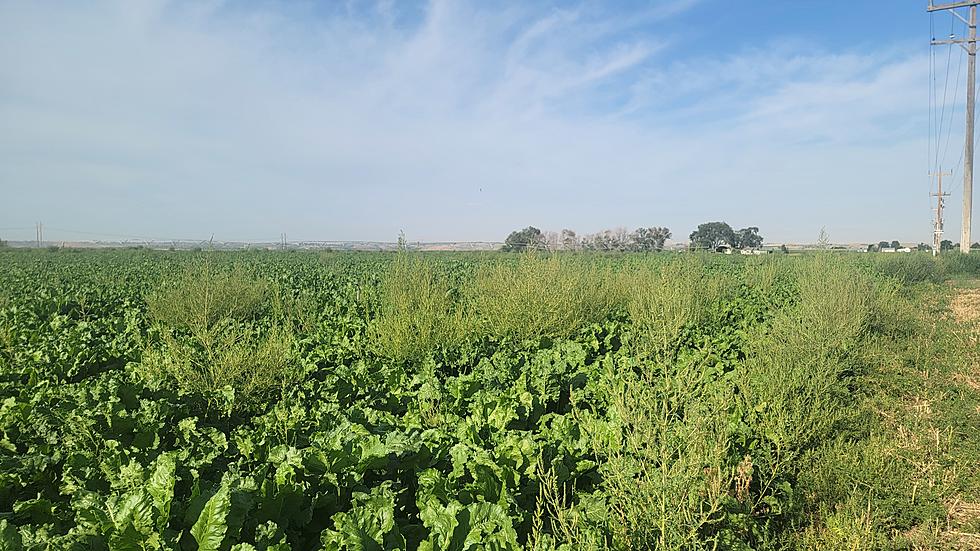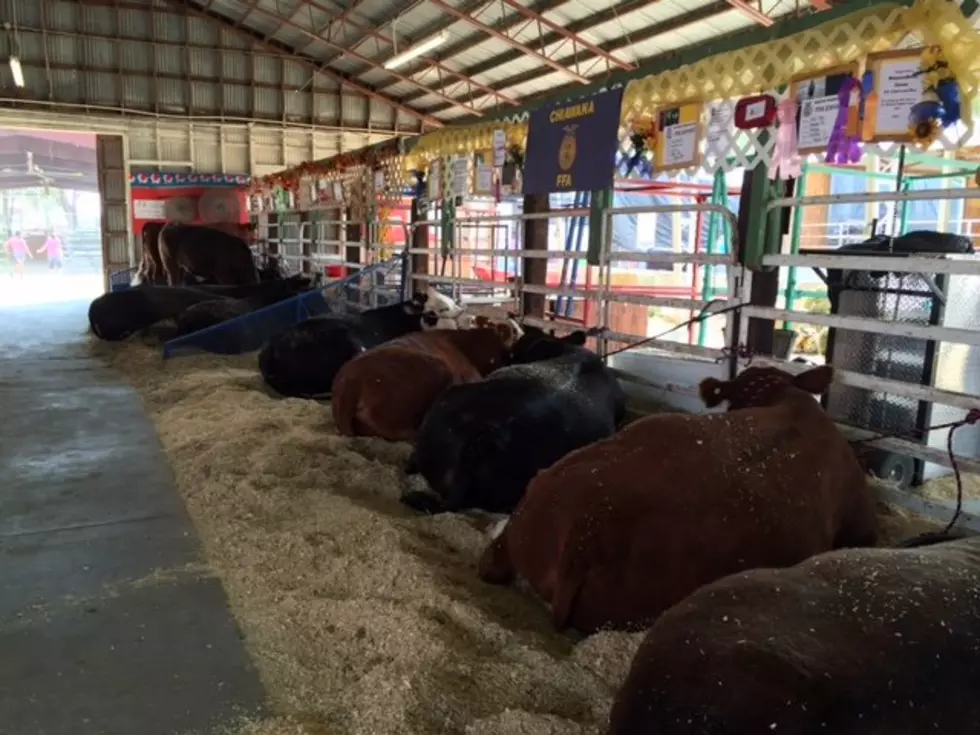
WSU: Glyphosate Health Complications Seen In Future Generations
Washington State University researchers have found a variety of diseases and other health problems associated with glyphosate. Researchers exposed rats to the weed killer, and observed rats developing prostate, kidney and ovarian diseases, obesity and birth abnormalities. However, what makes this research unique, the health complications were not observed in the rats exposed to the glyphosate, but rather their children and grandchildren; it’s a phenomenon called “generational toxicology”.
What do these results mean for the farming community as well as consumers? Research lead Dr. Michael Skinner said Glyphosate is a safe compound when it comes to direct exposure.
“So the individuals directly exposed, even the individuals eating the food that contains the glyphosate, the direct exposure is probably not a big problem. What [this study] does though, it opens up a new realm that, all thought it doesn’t affect us, it’s going to potentially going to affect our grandchildren.”
Skinner notes that makes glyphosate a much bigger biohazard then was initially considered.
Critics of glyphosate ask why Monsanto or Bayer did not disclosed these second and third generation issues. Dr. Skinner says since the concept of “generational toxicology” is so new, the companies most likely did not look to the future of health complications.
“That you could have an exposure through changing the sperm or egg, sort of molecular make up, that would get passed to the next generation. That’s a type of toxicology that’s never been seriously looked at in the past.”
Skinner says he’s hopeful this research will spur more studies and conversations about “one of the most commonly used compound worldwide.”
More From PNW Ag Network









